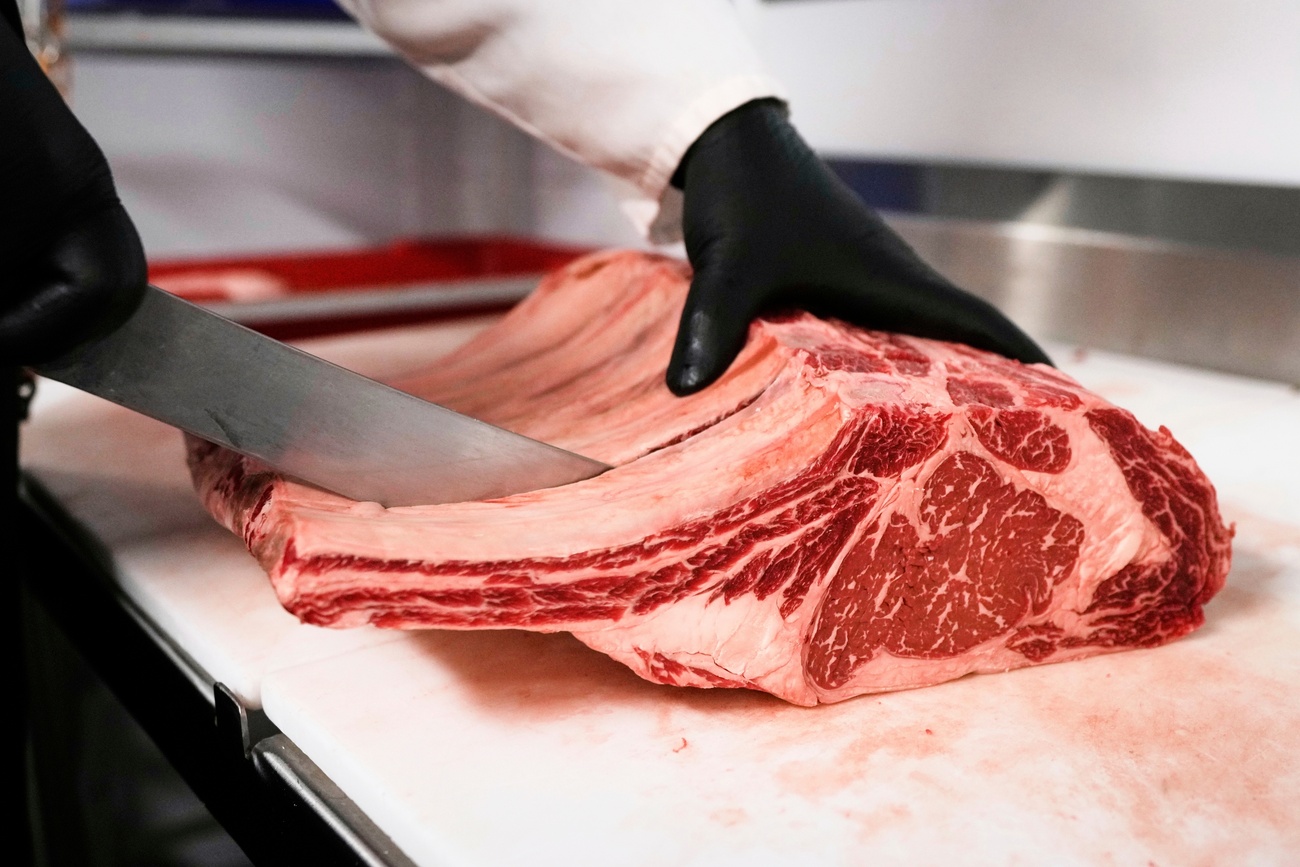
Swiss environment minister rejects resettlement of Alpine valleys

Swiss Environment Minister Albert Rösti has rejected calls for people to be relocated from Alpine valleys due to storms. He said in an interview that this would mean people losing their familiar surroundings without knowing when and where the next disaster will happen.
Check out our selection of newsletters. Subscribe here.
In a densely populated country such as Switzerland, protective measures were a better solution “than forcing everyone into the cities or conurbations”, Rösti said in an interview with the NZZ am Sonntag. It could not be Switzerland’s strategy to abandon entire valleys or villages, he said.
More heat-related deaths were also to be expected in the future, he warned. The cities would have to adapt to this. “Nevertheless, we are not saying: you have to leave the city now,” he said. He cited the Matte district in the city of Bern as another example. It had already been flooded several times without anyone being sent away. In future, there would be more zones in which less could be built, Rösti said. There would also be further construction measures where there is a threat of flooding, the environment minister said.
+ Swiss community isolated following landslide
Taking dangers seriously
“We live with various dangers that we have to take seriously and take preventative measures,” he said. “Nature cannot be controlled at will.” According to this logic, the Bernese Oberland would have to build a wall behind Spiez because of the danger behind it, he said.
Rösti said he had grown up on an alp where rocks regularly fell. It’s like driving a car, something can happen there too, he said. “That’s why you put your seatbelt on and are grateful for the airbag.”
Alpine valleys constantly changing
After the devastating storms in recent weeks, the discussion arose as to whether Alpine valleys should be resettled. In individual cases, resettlement could occur, said the president of the mountain cantons, Carmelia Maissen, in an interview with the NZZ am Sonntag a week ago.
“We will certainly not give up entire valleys,” she said.
Maissen also criticised the intervention for the affected population. She emphasised that the settlement of Alpine valleys has always been subject to change. This will also be the case in the future, she said.
Translated from German by DeepL/ts
This news story has been written and carefully fact-checked by an external editorial team. At SWI swissinfo.ch we select the most relevant news for an international audience and use automatic translation tools such as DeepL to translate it into English. Providing you with automatically translated news gives us the time to write more in-depth articles.
If you want to know more about how we work, have a look here, if you want to learn more about how we use technology, click here, and if you have feedback on this news story please write to english@swissinfo.ch.

In compliance with the JTI standards
More: SWI swissinfo.ch certified by the Journalism Trust Initiative




























You can find an overview of ongoing debates with our journalists here . Please join us!
If you want to start a conversation about a topic raised in this article or want to report factual errors, email us at english@swissinfo.ch.